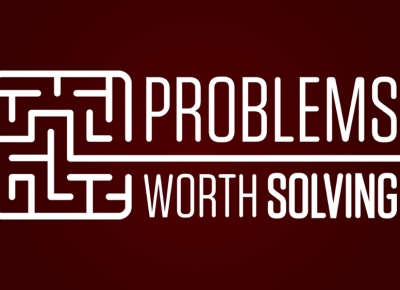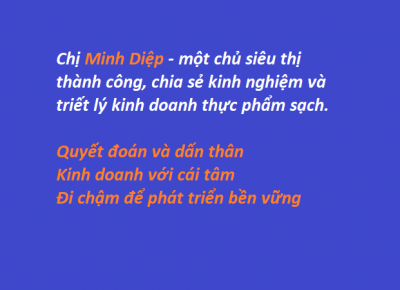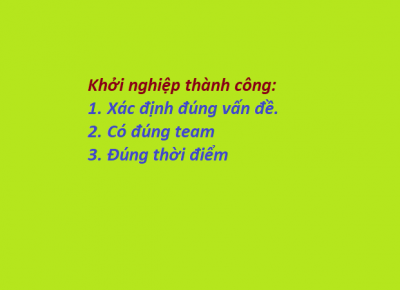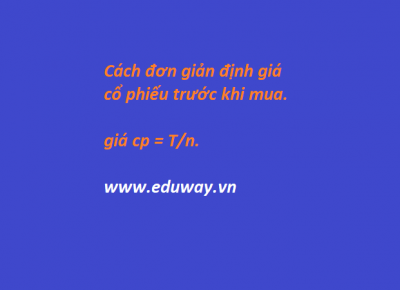The Nature of Mathematics
(These paragraphs are reprinted with permission from Everybody Counts: A Report to the Nation on the Future of Mathematics Education. ©1989 by the National Academy of Sciences. Courtesy of the National Academy Press, Washington, D.C.)
Mathematics reveals hidden patterns that help us understand the world around us. Now much more than arithmetic and geometry, mathematics today is a diverse discipline that deals with data, measurements, and observations from science; with inference, deduction, and proof; and with mathematical models of natural phenomena, of human behavior, and of social systems.
As a practical matter, mathematics is a science of pattern and order. Its domain is not molecules or cells, but numbers, chance, form, algorithms, and change. As a science of abstract objects, mathematics relies on logic rather than on observation as its standard of truth, yet employs observation, simulation, and even experimentation as means of discovering truth.
The special role of mathematics in education is a consequence of its universal applicability. The results of mathematics--theorems and theories--are both significant and useful; the best results are also elegant and deep. Through its theorems, mathematics offers science both a foundation of truth and a standard of certainty.
In addition to theorems and theories, mathematics offers distinctive modes of thought which are both versatile and powerful, including modeling, abstraction, optimization, logical analysis, inference from data, and use of symbols. Experience with mathematical modes of thought builds mathematical power--a capacity of mind of increasing value in this technological age that enables one to read critically, to identify fallacies, to detect bias, to assess risk, and to suggest alternatives. Mathematics empowers us to understand better the information-laden world in which we live.
During the first half of the twentieth century, mathematical growth was stimulated primarily by the power of abstraction and deduction, climaxing more than two centuries of effort to extract full benefit from the mathematical principles of physical science formulated by Isaac Newton. Now, as the century closes, the historic alliances of mathematics with science are expanding rapidly; the highly developed legacy of classical mathematical theory is being put to broad and often stunning use in a vast mathematical landscape.
Several particular events triggered periods of explosive growth. The Second World War forced development of many new and powerful methods of applied mathematics. Postwar government investment in mathematics, fueled by Sputnik, accelerated growth in both education and research. Then the development of electronic computing moved mathematics toward an algorithmic perspective even as it provided mathematicians with a powerful tool for exploring patterns and testing conjectures.
At the end of the nineteenth century, the axiomatization of mathematics on a foundation of logic and sets made possible grand theories of algebra, analysis, and topology whose synthesis dominated mathematics research and teaching for the first two thirds of the twentieth century. These traditional areas have now been supplemented by major developments in other mathematical sciences--in number theory, logic, statistics, operations research, probability, computation, geometry, and combinatorics.
In each of these subdisciplines, applications parallel theory. Even the most esoteric and abstract parts of mathematics--number theory and logic, for example--are now used routinely in applications (for example, in computer science and cryptography). Fifty years ago, the leading British mathematician G.H. Hardy could boast that number theory was the most pure and least useful part of mathematics. Today, Hardy's mathematics is studied as an essential prerequisite to many applications, including control of automated systems, data transmission from remote satellites, protection of financial records, and efficient algorithms for computation.
In 1960, at a time when theoretical physics was the central jewel in the crown of applied mathematics, Eugene Wigner wrote about the ``unreasonable effectiveness'' of mathematics in the natural sciences: ``The miracle of the appropriateness of the language of mathematics for the formulation of the laws of physics is a wonderful gift which we neither understand nor deserve.'' Theoretical physics has continued to adopt (and occasionally invent) increasingly abstract mathematical models as the foundation for current theories. For example, Lie groups and gauge theories--exotic expressions of symmetry--are fundamental tools in the physicist's search for a unified theory of force.
During this same period, however, striking applications of mathematics have emerged across the entire landscape of natural, behavioral, and social sciences. All advances in design, control, and efficiency of modern airliners depend on sophisticated mathematical models that simulate performance before prototypes are built. From medical technology (CAT scanners) to economic planning (input/output models of economic behavior), from genetics (decoding of DNA) to geology (locating oil reserves), mathematics has made an indelible imprint on every part of modern science, even as science itself has stimulated the growth of many branches of mathematics.
Applications of one part of mathematics to another--of geometry to analysis, of probability to number theory--provide renewed evidence of the fundamental unity of mathematics. Despite frequent connections among problems in science and mathematics, the constant discovery of new alliances retains a surprising degree of unpredictability and serendipity. Whether planned or unplanned, the cross-fertilization between science and mathematics in problems, theories, and concepts has rarely been greater than it is now, in this last quarter of the twentieth century.
References
https://www.scientificamerican.com/article/is-the-universe-made-of-math-excerpt/









